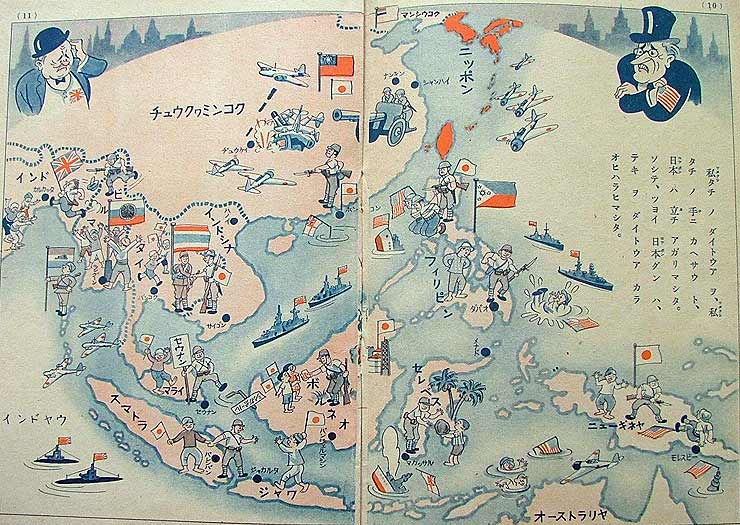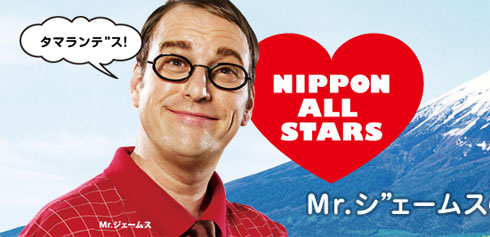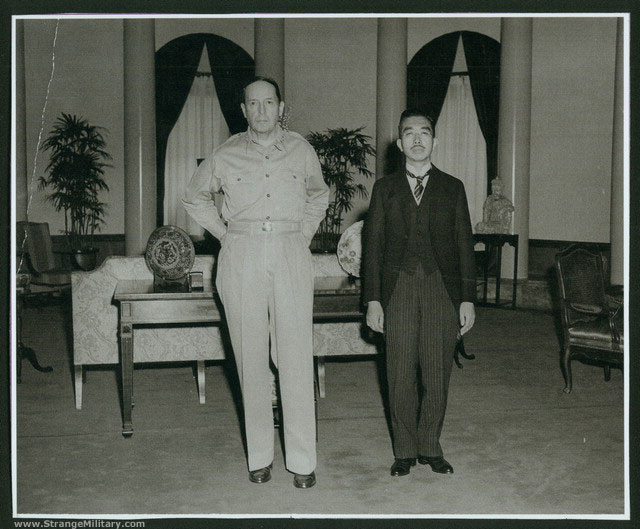The New York Times has a piece about how new the new Democratic Party of Japan government will be.
I live here, so I read and hear the little pieces all over the place.
I can tell you, there are a ton of almost useless Japan experts or “Japan hands” out there. They somehow got connected to the country or to the Sugar Daddy stream of money that flows in the think tanks. And since there isn’t much of a vigorous debate about the Pacific Alliance, they usually get away with printing whatever they feel like.
A lot of it seems to be premised on what people thought about Japan whenever they entered the Japan Hand business.
Two internet sources that I feel do a much better job are Tobias Harris at Observing Japan, and Jun Okamura at GlobalTalk 21. Both guys are pretty modest. Harris refers to himself as a “Japan finger” instead of hand, but who knows, it may be the finger of a giant. Okamura similarly describes himself in a way to suggest that he isn’t at the top of the Japan commentary world. But his writing leaves you with the feeling that perhaps he should be.
I recommend those other blogs to you.
(Even if they haven’t moved from Blogger to WordPress yet . . . )
As to what happens with the new DPJ government here, I am confident that not even the DPJ itself has more than a basic outline of the direction that they want to take U.S.-Japan relations.
The farfetched Saigo Takamori-style talk about getting rid of all the airfields and maybe just letting the Seventh Fleet park off Yokohama is just talk. Like Yokosuka Naval Base would be a superpower Dejima or something.
Will there be some changes? For sure. As much as all the talk is somehow that the United States “defends” Japan and has been a shadow behind the scenes in its civilian government’s foreign policy, I think that’s both a load of s**t. I could see where that was true in 1955, or maybe 1965. But for the last 40 years, Japan has been a power in its own right. And the United States is “simply” here.
Like I keep saying, it’s not that Japan can’t defend itself. It’s that Japan would have to defend itself. There would be a lot more military tension in daily life if the United States were to entirely exit. Additionally, the North Pacific would be a lot less stable a place without the alliance. It would become a playground where the various superpowers and wannabes would skirmish.
Professor Walter MacDougall’s 1993 book, Let the Sea Make a Noise, which is a geopolitcal history of the North Pacific since 1600, had an interesting point about the region.
MacDougall identified six locations, and said that the power which controlled three (or four maybe–I can’t remember) controlled the North Pacific.
The six locations (and I am going on 15 years’ memory) are:
1. US West Coast
2. Alaska
3. Hawaiian Islands
4. Taiwan
5. Japan
6. Kamchatka Peninsula
Well, you see three of the six are part of the United States. Four and five are strong allies (although Mainland China wants #4), and number six belongs to a frenemy superpower.
A stable North Pacific is equally in Japan’s interest; and likely more so. So that is the borderline at which the DPJ could never cross.
What I interpret the rumblings about a “more equal” relationship with America is to open up a debate about what is fair. And I agree: what better time?
Up to now, the former Japanese government under the LDP has been using America somewhat. The rich honey of trans-Pacific trade made Japan a wealthy nation and greased the palms of many American corporate-types who set themselves up very nice. And the stooges back home paid the taxes to support the Armed Services. And people to staff it.
This relationship worked for a finite set of Japanese. And a finite set of Americans. But it seldom changes, and it seldom gets re-examined.
I don’t think the DPJ’s “more equal” platform does not go beyond wanting to be able to disagree amicably. But in the open, and not have it be much more than that. Like France. Like a Pacific France.
The obvious problem for those who know more than just Tamogami History is that France was not the aggressor in the last two major European Wars. But Japan was the aggressor in the last two big ones here. Hurdle to overcome, when it comes to making nice with Pacific region nations? Yeah, you know it.
But it could work out to the benefit of both sides of the Pacific alliance. If Japan were more willing to be honest about 20th century history, it would take a lot of pressure off the U.S. support in the region. And so if this is what the DPJ means about reaching out to the other Pacific nations, then this is a good development for America.
But if it’s this Regional Co-Prosperity Sphere (“Dai Tou A”) fantasy revisited (check out this link for grade school book pictures), I’m afraid to say that the DPJ Japanese are going to be unpleasantly shocked.

You know, good luck with that. The idea that everything would be great in Far East Asia if only those Americans (and their cousins the Brits and the Dutch) weren’t around. If that’s what the subtext of “more equal” is about, it would be highly destabilizing—mostly to Japan.
One thing I am convinced of is that almost to a person the Chinese and the Koreans feel that they know the Japanese better than Americans do. And so America is looked at as the affable fool who showed up in the region and sided with the local bully. Kind of like the Japanese McDonald’s “Mr. James” mascot that has Debito and the gang all riled up.

You see, in the end to some Japanese (and other Asians, actually), we’re just the goofy, overly friendly people who show up and ask to be taken advantage of.
Americans have to understand (duh-huh duh-huh) that “Mr. James” is us. That is how the former (LDP) government saw us, and that is what the DPJ is working with.
You see, we look at ourselves like this picture:

But the Japanese look at us like a Mr. James.

And the other Asian powers kind of look at us like Mr. James too, if he had a nuclear arsenal that could target their cities faster and with more accuracy than anything they could imagine throwing back at us in time.
And imagine the woe to the Asian leadership (and their families) against the mob that came after them after that attack. But let’s not go there.
So that is the reality.
And it is a reality that has kept the North Pacific stable for 60+ years. Through some pretty tough times.
The “outsiders” who live here know that Japan has its own share of day-to-day problems that the DPJ needs to address, that geopolitics is probably not on the top of the list. And again, I am convinced that the DPJ itself has not figured out what exactly it wants to do in all areas of government. They’re smart, but even smart people can’t have a handle on everything.
Look at all the stuff in America screwed up because of smart people.
I do think, though, that the tough talk out of DPJ was electioneering. France, folks. France. They bicker with us until the Germans come across the Rhine. Then, we’re their best friends (until we push the Germans back, eh?)